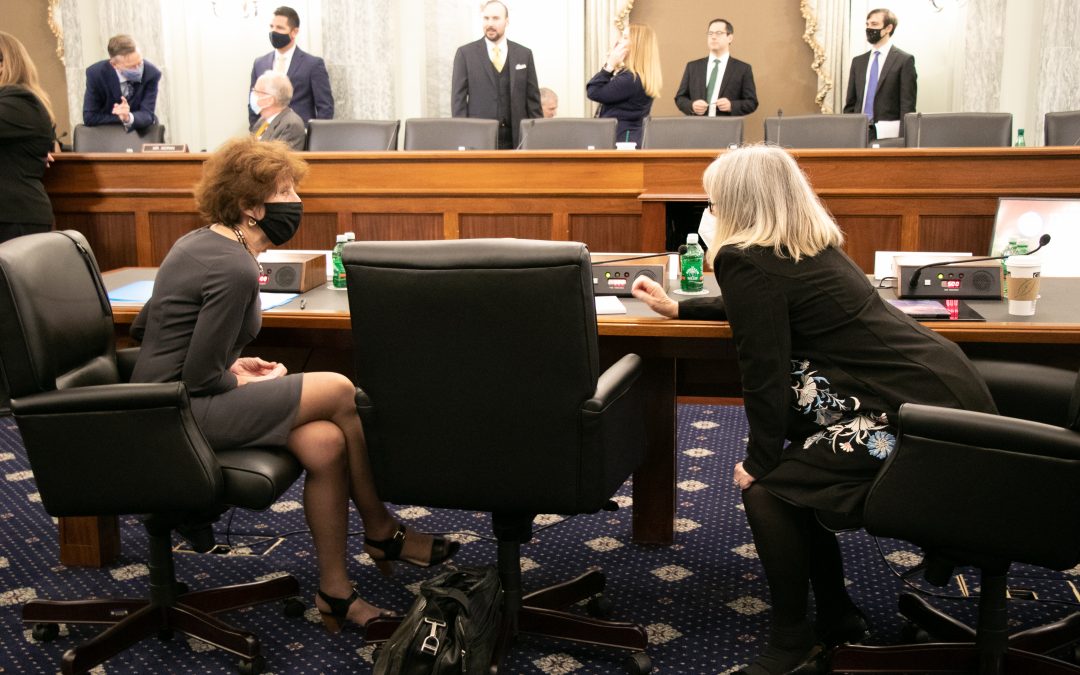WASHINGTON— China’s increased efforts in space had the attention of the Senate space subcommittee Thursday, with several senators saying Congress will act to ensure that NASA retains its leadership role in space exploration.
“Nobody’s going to out-entrepreneur the United States, that’s like famous last words,” Sen. Richard Blumenthal, D-Conn., said.
China’s Shenzhou-16’s three-person crew arrived at China’s Space Station on Oct. 16 for a six-month stay, the longest mission in China’s history and a feat the U.S. has its eyes on.
“We must work to avoid a Cold War-style space race. Unfortunately, it seems some countries are less committed to this than others,” Wyoming Sen. Cynthia Lummis, the top Republican on the subcommittee, said regarding China’s emerging space presence.
One program in particular, NASA’s Artemis program, plans to have humans return to the Moon, including the first woman and person of color taking these giant leaps by 2024. NASA wants to use data from that lunar mission to land the first astronauts on Mars. The Artemis Accords, an international agreement for these plans, promises cooperation and transparency among nations and public-private partnerships. China is not part of the agreement.
The International Space Station, a major U.S.-led multi-nation partnership, is set to expire. But Redwire Space executive Mike Gold said the Artemis Accords will allow for continued cooperation.
“The desire to unite humanity is the very heart of the Artemis mission,” said Gold. “Through Artemis, NASA is assembling the largest, broadest and most diverse international, beyond low-Earth orbit, human spaceflight coalition in human history.”
Sen. Maria Cantwell, D-Wash., supported legislation to reauthorize NASA to ensure funding for its international partnerships and programs.
“It’s frustrating to me to see the spirit of NASA turned into the cheering of billionaires or competition with each other,” Cantwell said, concerning private space launches by companies such as Jeff Bezos’ Blue Origin and Richard Branson’s Virgin Galactic, both of which were low-Earth orbit flights.
Axiom Space official Mary Lynne Dittmar said passing the authorization bill would show the United States’ commitment to its exploration goals.
“One of the things that’s really critical about authorization acts is that they are signaling devices,” said Dittmar. She said they signal congressional support, a commitment to investment and continuity of purpose.
“But they also signal to the international community, so other countries look to see what Congress does,” she said.
The authorization bill would open more opportunities for international partnerships to specifically stimulate science and technological advancements. Former NASA Administrator Jim Bridenstine said commercial low-Earth orbit development would allow the U.S. to continue having access to microgravity research that benefits biomedical innovations.
“It’s important for the United States to not turn that development capability over to a competitive nation. We need to keep that capability resident in the United States.”

